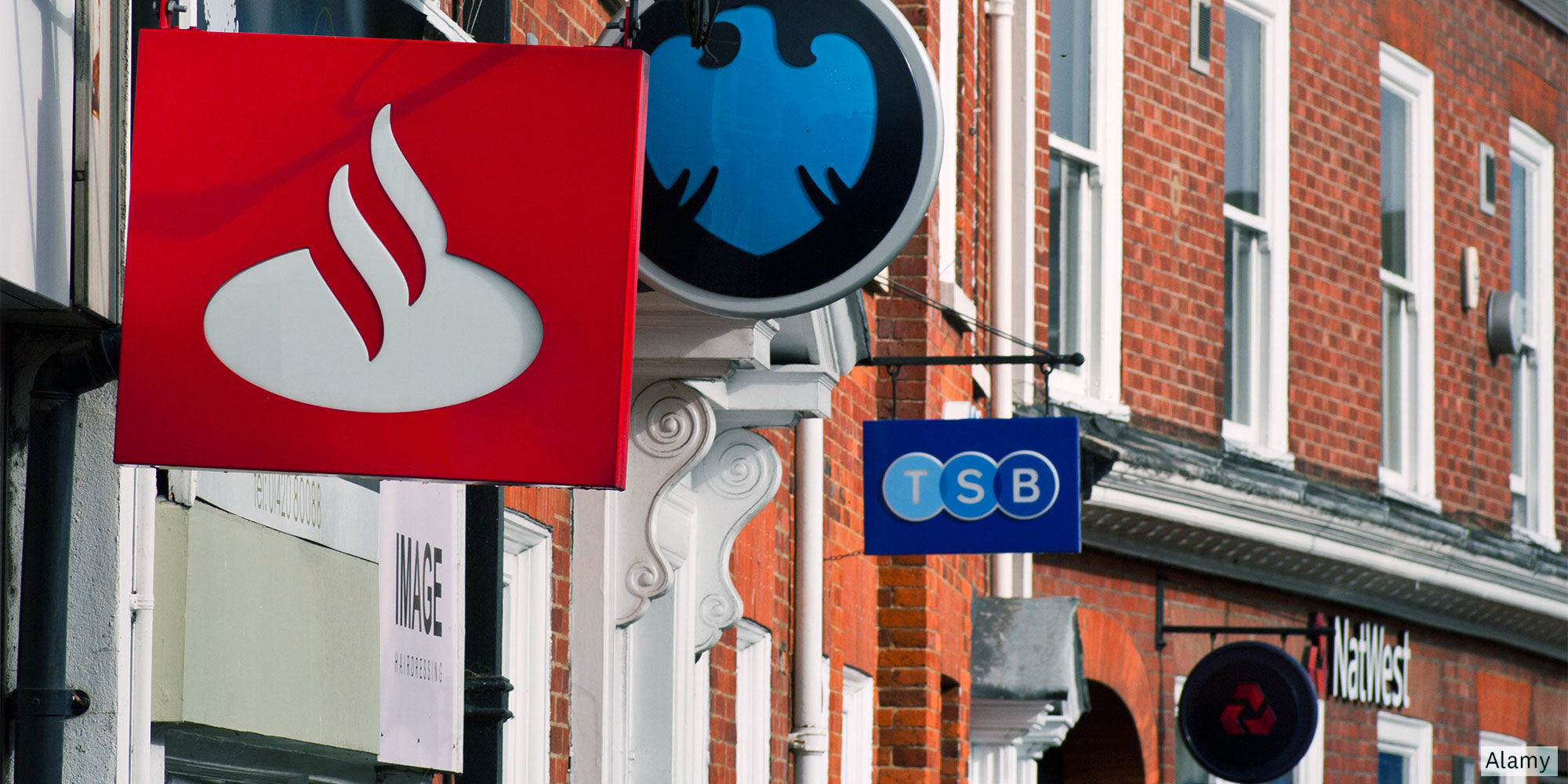Mortgage lenders are cutting their rates as the fall out from President Trump's trade tariff announcement continues.
Experts are now predicting that the Bank of England may cut its base rate further than previously expected, resulting in lenders offering cheaper deals.
This is good news for anyone hoping to buy a home in the remainder of 2025, and for more than a million homeowners who will be due to remortgage.
Borrowers have more choice as lenders cut rates
Mortgage rates have fallen slightly over the past month, but bigger cuts could be on the way as banks reprice their deals.
Major lenders including Coventry Building Society, Metro Bank and TSB have all reduced their rates this week, and Barclays is set to follow suit on Friday.
Greater competition should result in more lenders offering rates below 4%, and more choice for borrowers.
Experts anticipate further base rate cuts
As with other financial markets, mortgage rates are being affected by President Trump's trade tariff announcement.
'Swap' rates, which impact the cost of borrowing for banks, have been falling this week, resulting in cheaper deals.
This comes amid expectations that the Bank of England will cut its base rate further than previously expected this year to counteract the economic impact of the tariffs.
Last week, economists were forecasting two further 0.25 percentage point drops in the remainder of 2025, but are now predicting three or even four cuts.
The first is highly likely to take place when the Bank makes its next announcement on 8 May.
Beware of high fees on 'cheap' deals
Lower mortgage rates are good news for people buying a home or remortgaging, but it's important to check that the 'top' deals are really all they seem.
Some lenders attach large upfront fees to their 'best' deals. For example, we've recently seen a market-leading five-year fixed-rate mortgage come with a substantial £1,999 arrangement fee, around double the market average.
In some cases, borrowers may be better off choosing a deal with a more expensive initial rate but with a low upfront fee or no fee at all.
To ensure you're getting the best deal, it's worth speaking to a mortgage broker, who can weigh up the overall cost of the deal taking fees and incentives into account.
How does your fixed term impact repayments?
When choosing a mortgage, one of the biggest decisions is how long to fix your rate for.
Data from Moneyfacts show borrowers currently favour two-year deals, amid hopes that rates will have fallen by the time they come to remortgage.
We've estimated the monthly repayments on the cheapest two and five-year fixed-rate deals at three loan-to-value (LTV) levels.
Our calculations assume you're borrowing £250,000 over a 25-year term.
This example highlights how closely grouped mortgage rates currently are, with the monthly difference at 60% and 75% LTV less than £20.
However, at 85% LTV, the gap increases significantly, showing that borrowers with smaller deposits are currently facing greater rate volatility.
Factors to consider when choosing a fixed term
The first thing to consider is your attitude to risk. With rates falling, a shorter-term fix gives you the opportunity to switch sooner if prices continue to drop.
However, if rates go up, you'll face higher bills when you remortgage.
Choosing a longer fixed-term mortgage offers certainty over your monthly payments and greater protection from market volatility.
However, five-year deals often come with high early repayment charges, which you'll need to pay if you move home during the fixed period.
Most lenders allow you to 'port' your mortgage to a new property, but the process can be costly and may require you to undergo a new affordability assessment.






